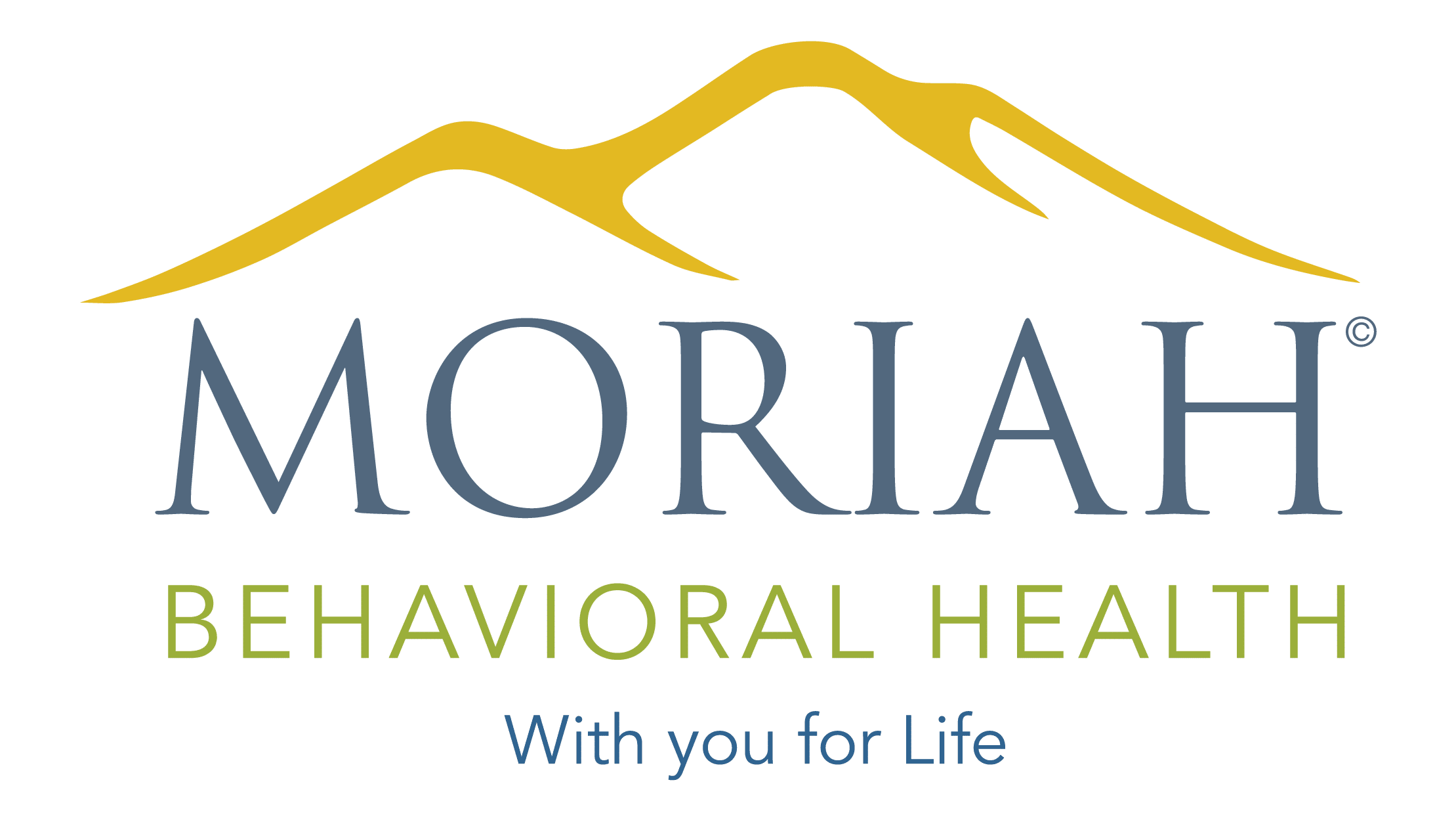There are many ways you can help them, whether they have anorexia, bulimia, binge eating, avoidant/restrictive food intake disorder (ARFID), or other specified feeding and eating disorder (OSFED).
Learn more about eating disorders
Many people hold misconceptions about eating disorders which can make the process of helping a friend with their illness much more difficult. Avoid saying something that could trigger an episode of unhealthy eating behaviors by finding out as much about eating disorders as you can.
Read books, watch online videos and join forums that are specifically designed for friends and family of people with eating disorders.
Be Honest
When you sit down to talk to your friend about your concerns, make sure that you are open and honest about how you feel. Focus on specific behaviors that you have witnessed and use “I” statements such as “I have noticed you don’t eat when we go out to dinner” or “I am worried about how much you exercise.”
Do not use accusatory language, as this can make your friend or family member become defensive.
Look for Resources Together
If your friend is not ready to get professional help, you may want to look into some credible sources of information and advice online. Some national eating disorders non-profit orgnizations in the United States include The National Eating Disorders Association (NEDA), The Alliance for Eating Disorders Awareness and Families Empowered and Supporting Treatment of Eating Disorders (F.E.A.S.T).
Eating disorders are on the rise in the United States, as are admissions for anorexia treatment, so if you suspect that your friend is struggling with any aspect of eating or their weight, you must not ignore their unhealthy behaviors.

